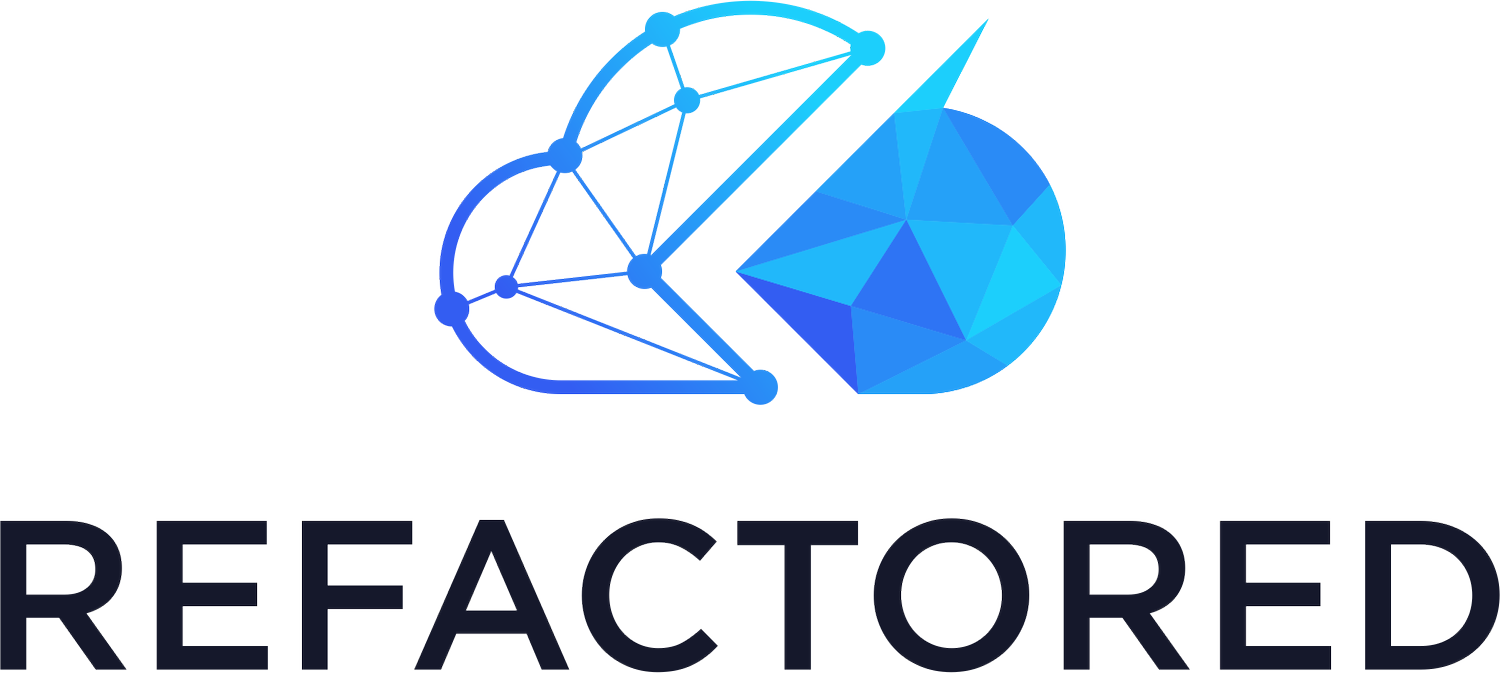AZ900 – Azure Machine Learning
In the previous post in the series, we discussed the Internet of Things (IoT) offerings Microsoft provides in Azure. We will now look at the various services hosted in Azure for Machine Learning and Artificial Intelligence (AI).
AI is a large area of computing, based on creating systems that can adapt, learn, make decisions or mimic other cognitive functions without being explicitly programmed with a defined outcome.
Azure Machine Learning
Machine Learning is a sub-discipline of AI, where the systems learn by themselves, getting more competent and precise over time by using training data to improve the data model and future forecasts.
Azure Machine Learning can be used for making these models in Azure. Once the data model returns relevant results, the model can be made available via an API endpoint.
Azure Machine Learning has several features that allow you to:
· Define a data collection and manipulation process
· Train and evaluate data models using data science tools
· Create pipelines for model analysis to score the available algorithms.
· Deploy algorithms as APIs to be consumed by other applications.
Cognitive Services
Azure also offers Azure Cognitive Services, a set of pre-built and pre-trained models for language comprehension, vision analysis and decision making. Azure Cognitive Services can be used for tasks like sentiment analysis, face or object recognition.
These services can be accessed via APIs, and the features offered can easily be added to code by a development team. These services are easy to use, no special knowledge of data science or machine learning is needed. The majority of models offered come pre-trained, so they do not require additional data to be trained.
The services offered are divided into the following categories:
· Language. Giving features for natural language processing, including sentiment analysis
· Speech. Speech to Text conversion, including subtitles and translations
· Vision. Image and Face recognition of visual content, including images and videos.
· Decision
Azure Bot Service
Microsoft also offers the Bot Framework and Azure Bot Service, which can create virtual agents that converse like humans asking simple questions and answers. The Bot Service is built on the other Microsoft services so that it can understand human interactions.
The bots can take repetitive tasks and minimize the need for human intervention increasing productivity and reducing the toil of your team members. These tasks include making reservations, solving simple issues, or gathering information, as seen on support and restaurant sites.
Summary
In summary, Azure offers several services, each with specific use cases that can be utilized to add Machine Learning and AI behaviour to your applications. Azure Machine Learning gives you maximum flexibility to the behaviour offered but requires the training of the agents on specific data. Azure Cognitive Services offers more generalized services that have been pre-trained on generic data sets for services like image analysis, personalized recommendations or language translation. Azure Bot Services provides services for services to replicate human interactions on a website.
— Matt Boyd



